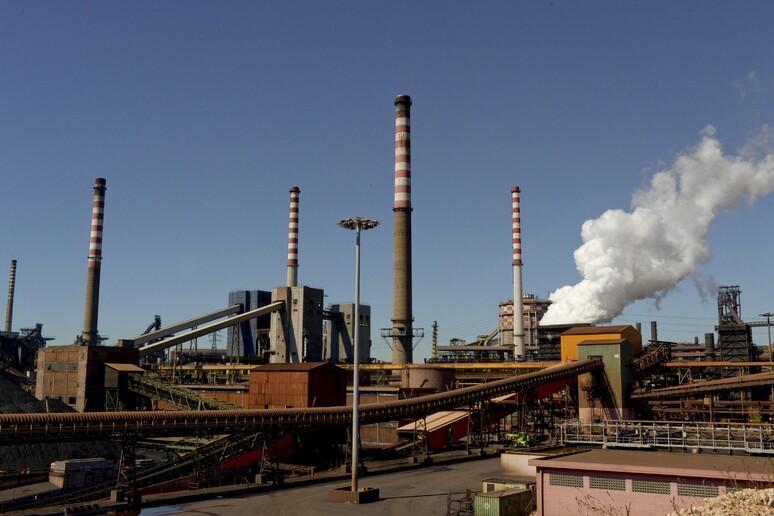Carabinieri police have been to the
former ILVA steelworks in the southern Puglia port city of
Taranto to obtain documents relating to a probe into emissions
at the site, the Gazzetta del Mezzogiorno reported on Wednesday.
Carabinieri from the NOE ecological operational nucleus
reportedly visited the plant now operated by Acciaierie d'Italia
on Tuesday on the orders of prosecutors Mariano Buccoliero and
Francesco Ciardo as part of an investigation into alleged
environmental pollution and dangerous disposal of materials at
the site.
The documents pertain to emissions particularly in the coking
plant and with respect to benzene, according to the newspaper
report.
In recent months the regional environmental protection agency
Arpa Puglia has reported several benzene emissions peaks, albeit
below the legal threshold, leading Taranto Mayor Rinaldo Melucci
on May 22 to order the cessation of activities in the hot
working area in the absence of action to reduce emissions.
The Lecce Regional Administrative Court subsequently suspended
the order on appeal from Acciaierie d'Italia and Ilva in Special
Administration pending a ruling by the European Court of Justice
on the issue of health damage related to benzene pollution
levels.
The Taranto plant was once the largest steelworks in Europe and
still southern Italy's biggest single employer, despite
downscaling over several years.
It has also been undergoing an environmental cleanup to cut its
noxious emissions due to high pollution-linked cancer rates in
the Puglia city.
However, serious concerns remain.
Meanwhile, earlier this year parliament approved a decree
ensuring production at the plant, which is controlled jointly by
the Italian state through the economy ministry's National Agency
for Inward Investment and Economic Development (Invitalia) and
global steel manufacturer ArcelorMittal.
On Monday the government offered to raise its share capital in
Acciaierie d'Italia from the current 38% to 66% through
Invitalia.
On Tuesday sources close to ArcelorMittal said the company is
'in favour' of the move.
ALL RIGHTS RESERVED © Copyright ANSA











